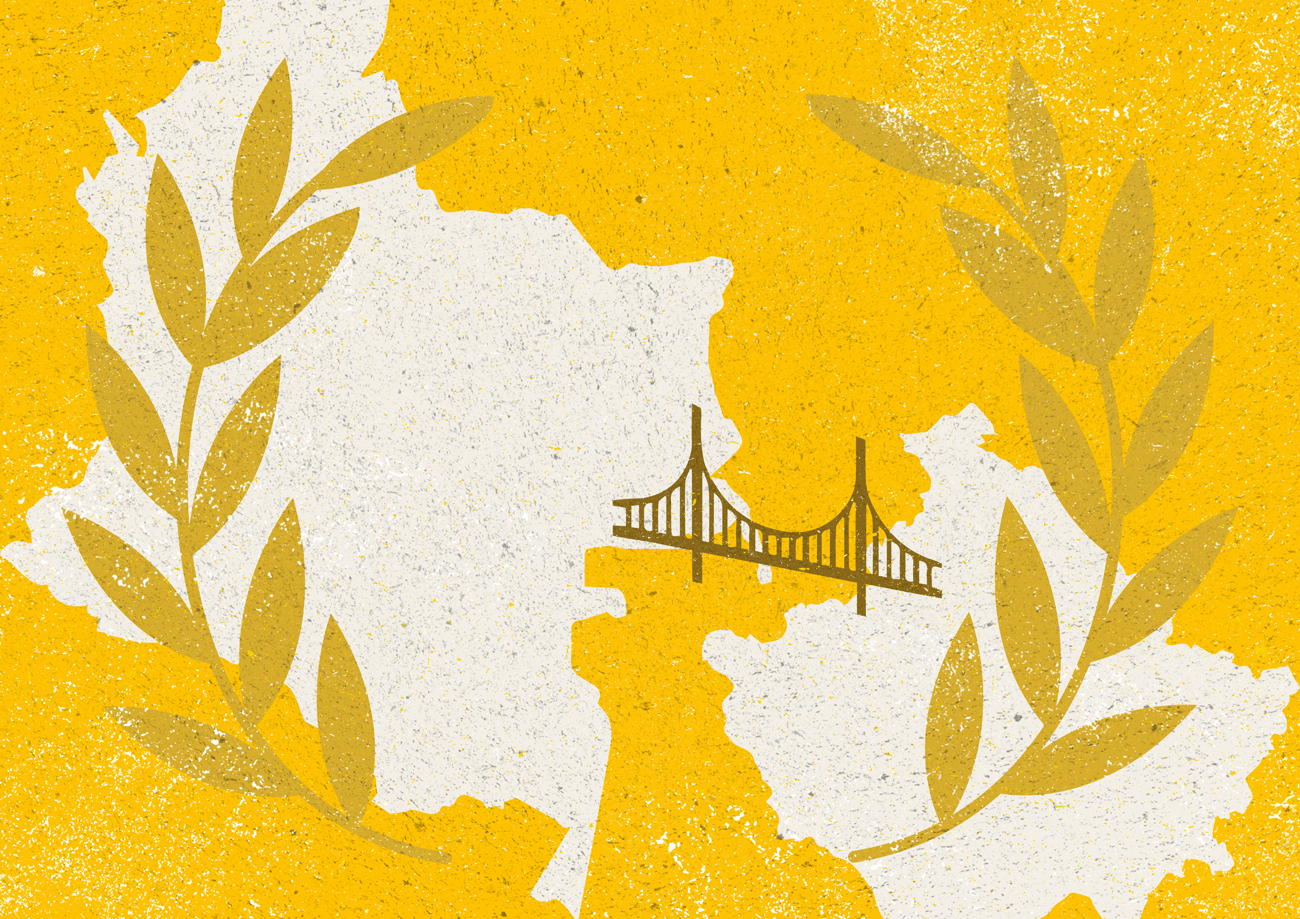On September 10, 2024, Kosovo opened its first-ever embassy in Bogota, marking a new chapter in diplomatic relations between the two nations.
Colombia recognized Kosovo in August 2008, just six months after it declared independence, becoming the second country in South America to do so, following Peru. Since then, only Suriname and Guyana have recognized Kosovo, bringing the number of state recognitions from South American countries to four in total.
Other countries such as Argentina, Brazil, Chile and many others continue to withhold diplomatic recognition of Kosovo and have yet to establish any formal bilateral relations with the country.
While the opening of the Kosovo Embassy in Bogota isn’t necessarily focusing on non-recognizers, it may create a ripple effect in the region towards its leading countries. Given Kosovo's growing bilateral ties with Colombia, this could signal a new path for Kosovo’s diplomatic relations in South America.
This sentiment is reflected by Kosovo’s Deputy Foreign Minister, Liza Gashi, who believes that Kosovo’s diplomatic presence in Bogota is a “strategic opportunity to engage proactively with other countries in the region, aligning with Kosovo’s broader goals of enhancing its international standing and visibility in the region.”
Kosovo’s opening of an embassy in Bogota, Colombia, is the beginning of crucial relations between Kosovo and Colombia and an entire South American continent. This can offer more than just recognition and formal diplomacy to Kosovo, opening the door for economic, cultural and political relationships.
Colombia’s Significance in World Affairs
Colombia has the third-largest economy in South America, and the fourth-largest in Latin America (behind Brazil, Argentina and Mexico). A major natural gas find along the country’s coast sets it to become a self-sufficient producer of energy for years to come which will boost its economy.
While not a member of NATO due to geographical constraints, Colombia became the alliance’s first ‘global partner’ from Latin America, meaning its cooperation with NATO comes on par with that of a member state– without the military obligations.
Similarly, Colombia’s membership in regional organizations such as the Pacific Alliance and OAS (Organization of American States) also wholly benefits Kosovo’s advancement into bolstering economic partnerships and trade opportunities with other Latin American countries.
This provides an excellent opportunity for Kosovo to move beyond its North America-centric policy focusing only on the United States and Canada.
“Colombia's strategic roles in these organizations have the potential to provide Kosova access to Latin American markets, facilitating opportunities for trade, investment, and cultural exchange. Colombia has also supported Kosova’s integration into international organizations, including IMF and WB for example,” said Gashi.
The Geopolitical Similarities between Kosovo and Colombia
Despite being two continents apart, Kosovo and Colombia share similar geopolitical realities. Firstly, Colombia and Kosovo also share a common challenge: they each border a country—Serbia and Venezuela, respectively—that aligns closely with Russia, while both Colombia and Kosovo view the United States as their key ally, which could have also served as a rationale for strengthening ties.
The authoritarian regimes in Serbia and Venezuela have had significant, albeit different, effects on the internal stability of Colombia and Kosovo. Tensions with Serbia continue to obstruct its path to democracy, as violent clashes in the Serb-majority north have become a yearly occurrence, leaving NATO soldiers injured and a Kosovo policeman dead. Similarly, Maduro’s dictatorship in Venezuela has left the country in shambles, forcing Colombia to receive a population influx of almost 3 million Venezuelans.
Both have undergone a bloody past and are currently in the midst of a lengthy process involving post-conflict transformation and transitional justice, while at the same time, fighting obstacles such as corruption and instability oftentimes exhibited by violence. There is a collective will to break free from the vicious cycle shaped by history and to focus on building a better future.
“In a sense, both are post-conflict societies embroiled in internal conflict. Although the war is over in Kosovo there is still a latent conflict. Both countries are ruled by left-wing anti-colonial parties, Vetvendosja (Albin Kurti) in Kosovo and El Pacto Historico (Gustavo Petro) in Colombia,” said Blendi Kajsiu, an Albanian academic who worked previously in Colombia for many years.
Post-conflict, but still in internal conflict
It may sound paradoxical, but it’s true: conflicts still rage on in the north of Kosovo, injuring both civilians and NATO soldiers, while in Colombia, guerilla groups relentlessly continue their campaigns despite official peace agreements.
For more than six decades, Colombia has been mired in turmoil. The human cost is staggering over 250,000 lives lost and seven million displaced. Much of this devastation stems not only from the armed conflict but also from the ongoing war on drugs. Narcotrafficking gangs and guerilla factions have long collaborated, fueling violence. During Pablo Escobar’s reign of terror, political assassinations and plane bombings became tragically routine, while Colombia rose to be the world’s largest producer of cocaine.
The Colombian conflict remains one of the world’s gravest humanitarian crises. Even after the 2016 peace agreement between the Colombian government and the country’s main guerilla group, FARC, violence persists. Rebel groups such as the ELN, along with splinter factions of the demobilized FARC, continue their attacks across the country. Estimates vary, but many sources place the number of those missing due to the conflict at over 100,000.
The shared struggles of poverty, inequality, and collective trauma may serve to unite the two societies in their efforts to overcome these challenges. These hardships have, in a way, shaped the identities of both countries, raising important questions about how they will move forward and heal from the unspeakable horrors of their pasts.
It remains to be seen what exactly Colombia will bring to the table regarding Kosovo’s active foreign policy. Its survival is reliant on recognition and alliances, but Colombia can assist Kosovo in this manner, serving as the key to a region where Kosovo lacks both trade and recognition.
It is acceptable to say with confidence that there is a theme of positivity surrounding Kosovo’s incoming presence in Bogota, and vice versa.



























































